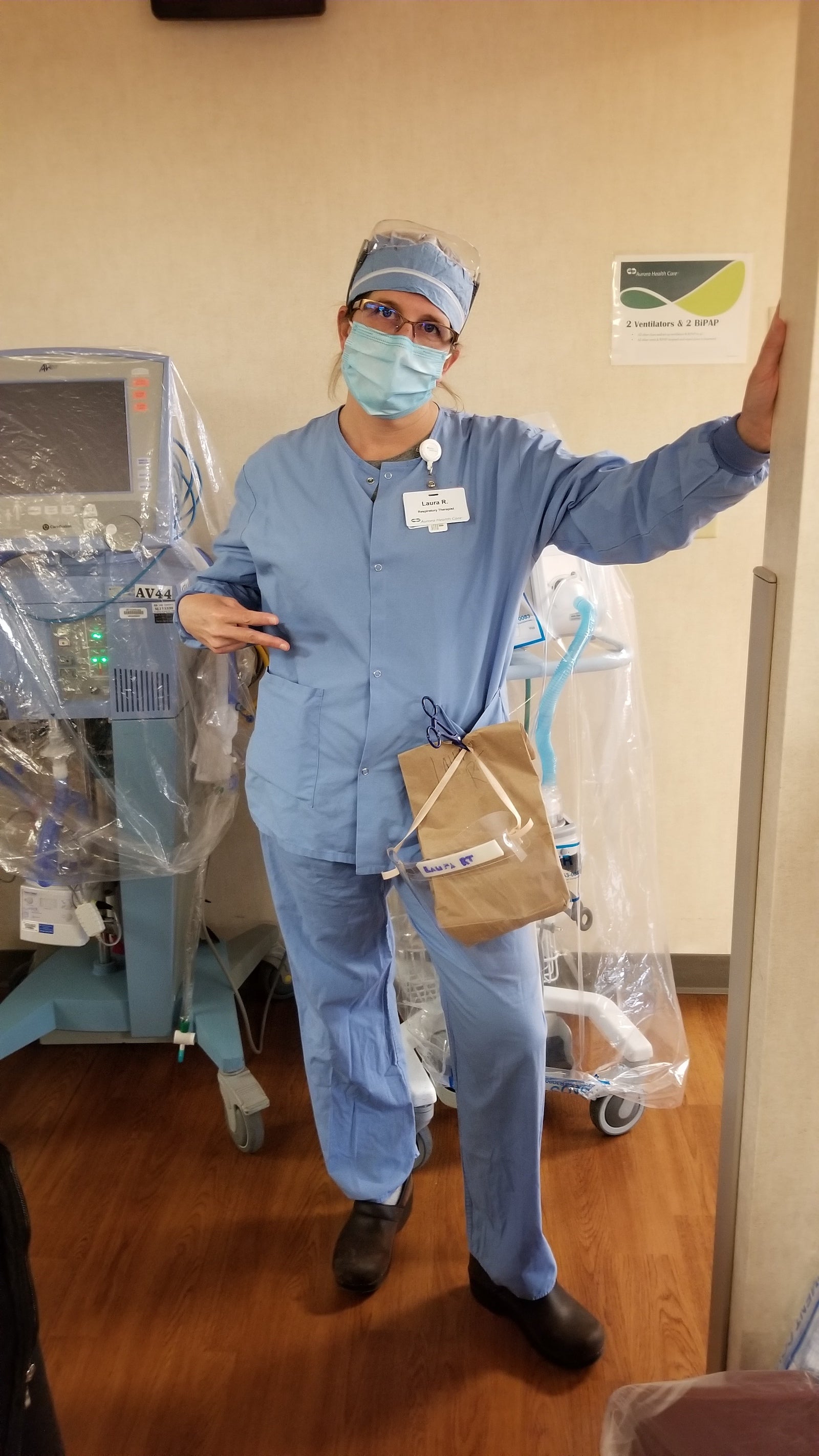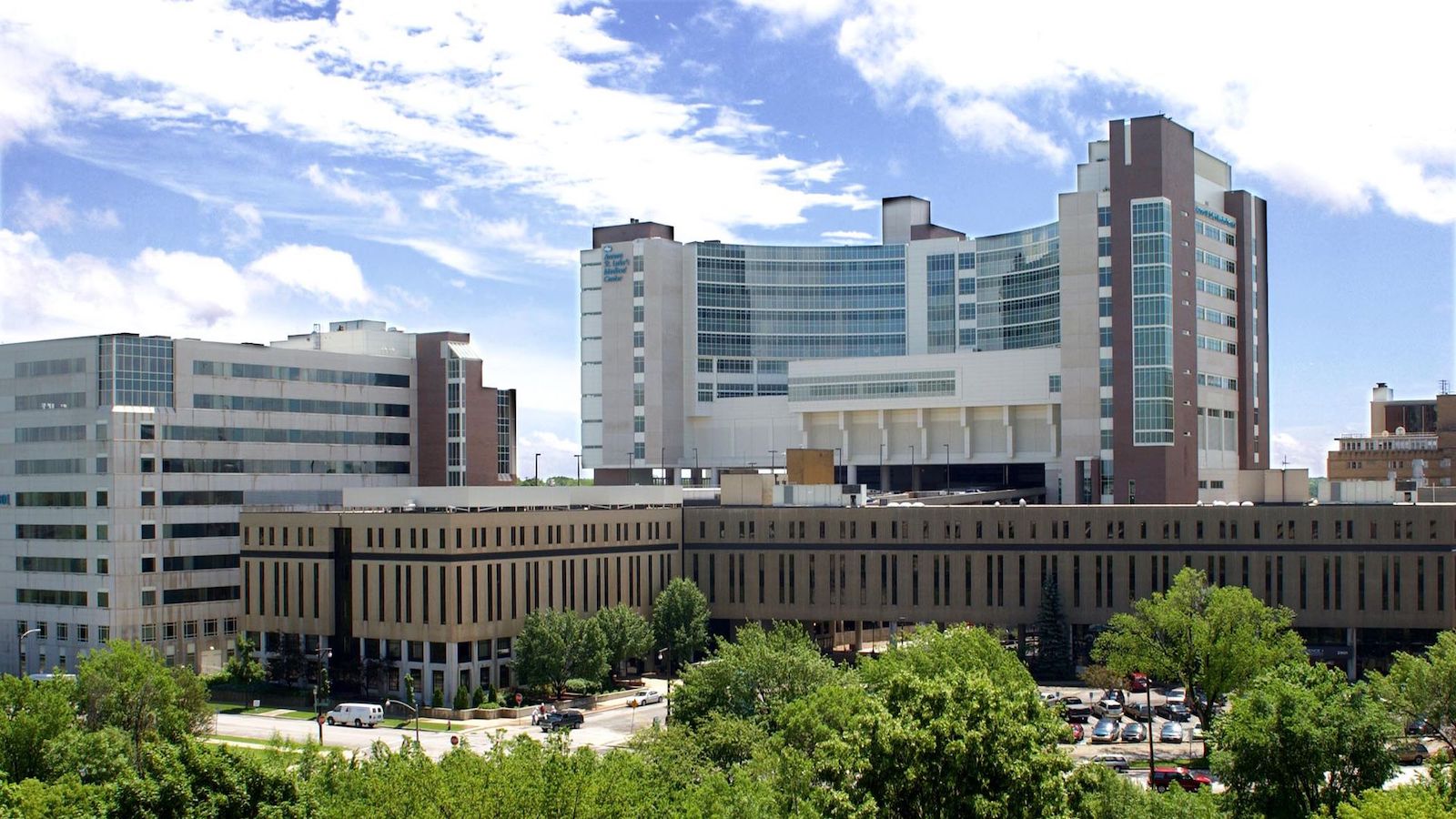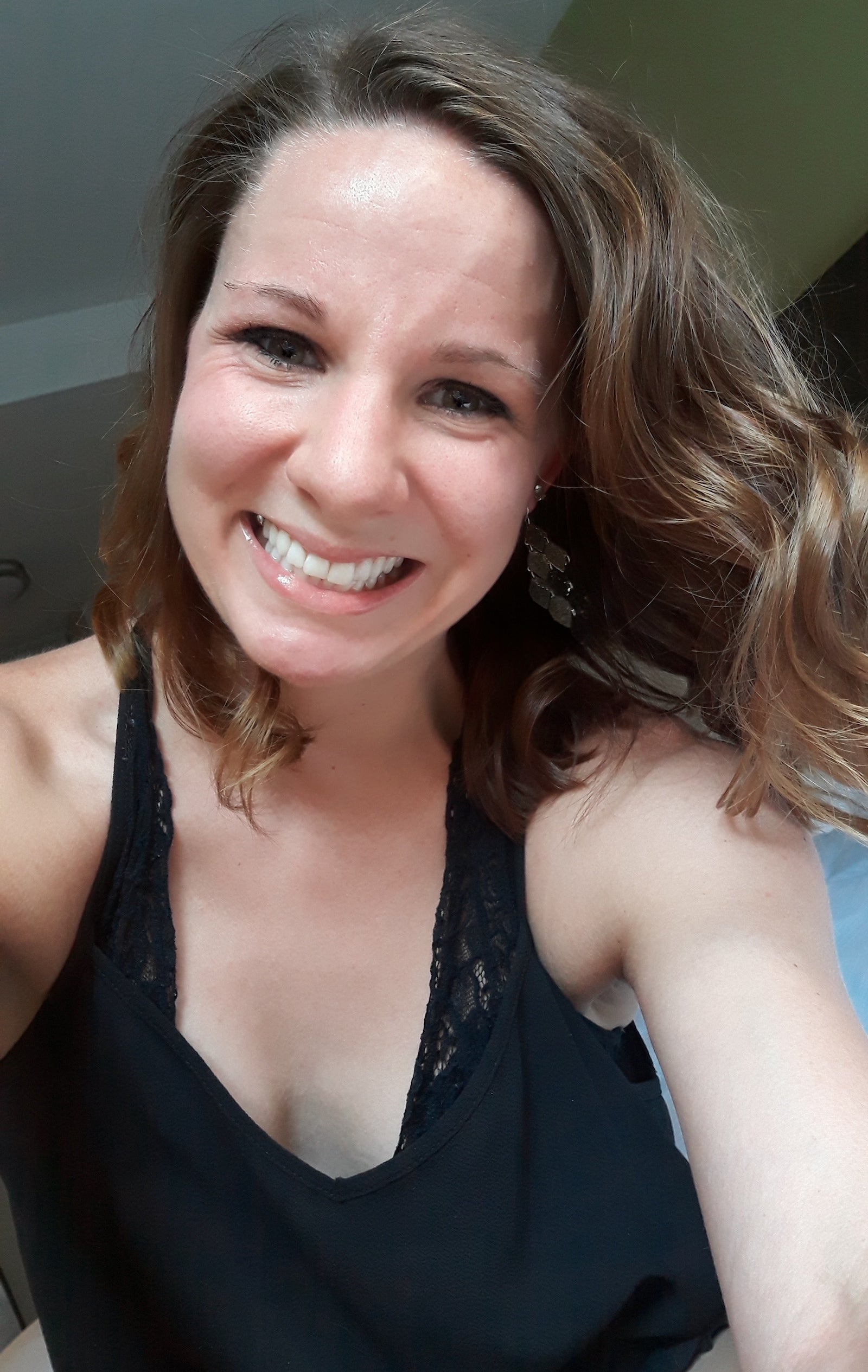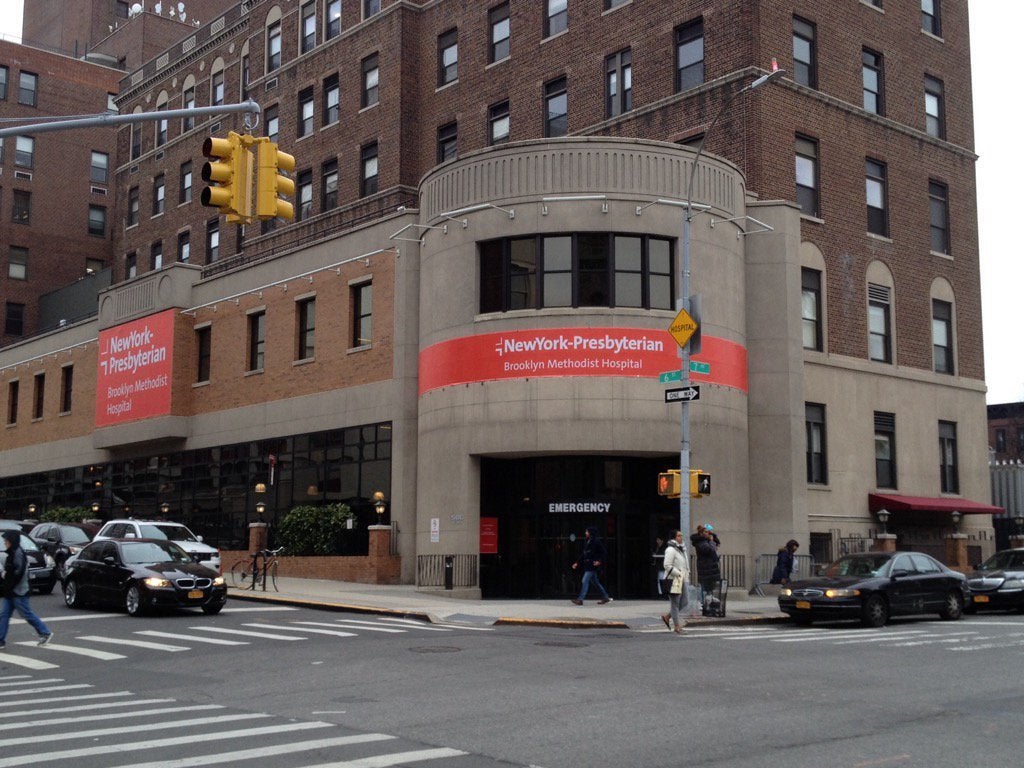As COVID-19 continues to affect cities in the U.S., many respiratory therapists located across the country are enrolled in Boise State’s fully online Master of Science in Respiratory Care (MSRC) program while simultaneously working on the frontlines of the pandemic.

Laura Reindl is one such student. She has spent 31 years in the respiratory field, and in August will complete her master’s degree through Boise State. Reindl specializes in critical care in the intensive care unit (ICU) and emergency room at Aurora St. Luke’s Medical Center in Milwaukee.
“We refer to the ICU as ‘COVID Cove,’” she said. “This virus is real, and people are really dying.”
Reindl says that MSRC courses have equipped her for unexpected situations like COVID-19. One course on ethics explored difficult decisions like allocating medical equipment, including ventilators – a vital component of COVID-19 care – when supply shortages occur. If there is only one ventilator available, is it used for the 87-year-old nearing the end of his or her life, the 60-year-old patient with added health risks, the younger 25-year-old, or what about the 55-year-old healthcare giver who put their life on the line? Reindl faces these tough circumstances often.
“I found that ethics course to be especially helpful when I was asked to be an alternate on a COVID committee for helping make those kinds of decisions,” she said.

The amount of physical and emotional stress that frontline workers like Reindl experience on a day-to-day basis often goes unnoticed.
“It has taken a toll on me. I’m tired. We are all tired. But the public can start doing their part, too,” she said. “Wear a mask and wash your hands.”

Amanda Shaffer, who earned her bachelor’s degree from Boise State and now is a graduate student in the MSRC program, spent six weeks in one of world’s epicenters of the pandemic: New York City. Shaffer is a staff therapist at the University of Virginia Health System specializing in the respiratory care of surgical, trauma and neurologic patients. She temporarily left Virginia to provide additional support at NewYork-Presbyterian Hospital during the height of the city’s cases.
“This pandemic is the closest I have ever been to what probably feels like a war zone,” Shaffer said. “I saw the worst of the worst. I faced death every single day, and my care of patients was significantly below par due to restraints on equipment and supplies, skilled staff and not enough time in the day.”

Due to the onslaught of cases, many of the practitioners alongside Shaffer were coming from health systems in states that operate under different policies. Others were either new clinicians or clinicians that have not yet received intensive training in critical care. Shaffer applied her advanced cardiopulmonary knowledge and best practices for evidence-based medicine to recommend drugs outside of the scope of respiratory care to save lives. She also educated and mentored select medical residents and staff at the hospital through her training in education and ventilator management.
Back at the hotel and directly after 12-hour shifts full of an “unimaginable patient load,” Shaffer worked on studies for her MSRC master’s degree, which she will complete in August with Reindl.
“Needless to say I was tired, but I love what I do,” she said. “I love the patients and the families whose lives I change. I love the adrenaline and the friendships that come with this profession. I love the camaraderie and knowledge, but most of all I love being the difference.”
– By Matt Jones